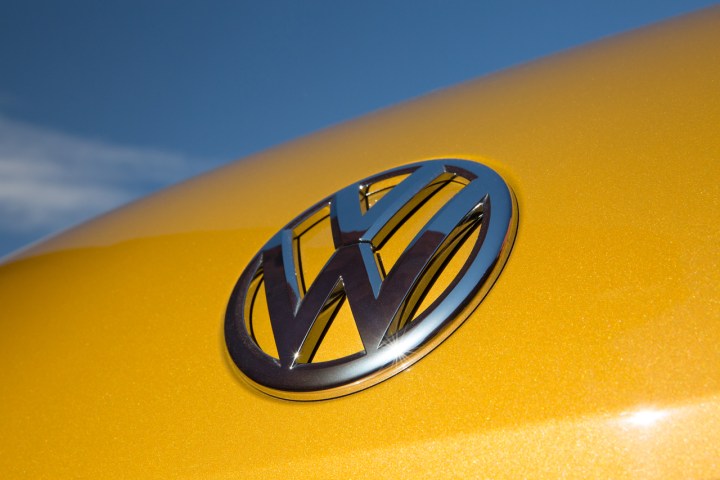
The company that until recently aimed to challenge General Motors and Toyota for the title of world’s largest carmaker may cut at least 40 models globally, reports German business magazine Handelsblatt. The VW Group currently has 340 models across its many brands, but will trim that number to “well below 300,” the magazine said, citing anonymous sources familiar with the matter.
Volkswagen has a very diverse lineup. Besides the main VW brand, its possessions include everything from European-market brands Skoda and Seat to Audi and Porsche, as well as Lamborghini, Bentley, and Bugatti. In an announcement last week of a new corporate strategy that also includes greater emphasis on electric cars, VW Group CEO Matthias Müller did says that some models would be cut, but did not offer specifics.
Read more: Former VW CEO under investigation for possible market manipulation
Beyond cars, rumors have persisted since last year that Volkswagen will sell commercial truck and bus manufacturer MAN. VW also owns Scania, so it could remain in the commercial vehicle game even if it dropped MAN. There are also rumors that Audi may sell motorcycle manufacturer Ducati, which it acquired in 2012. Audi denies this, however.
At the same time, however, Volkswagen is planning several new electric models. Already confirmed are a new, all-electric Volkswagen Phaeton, as well as production versions of the Audi e-tron quattro and Porsche Mission E concepts. As part of the new corporate strategy announced last week, VW will aim for sales of 2 million to 3 million electric cars by 2025. Considering that VW has very few electric models in its lineup right now, that hints at a product blitz.
While it attempts to reorganize, Volkswagen still must address the damage from the diesel scandal. A final settlement with U.S. regulators is due next week, and is expected to include provisions for both modifying cars to meet emissions standards and buying them back if owners want to sell. Separate from the settlement, VW will likely have to pay heavy fines for its illegal actions as well.


